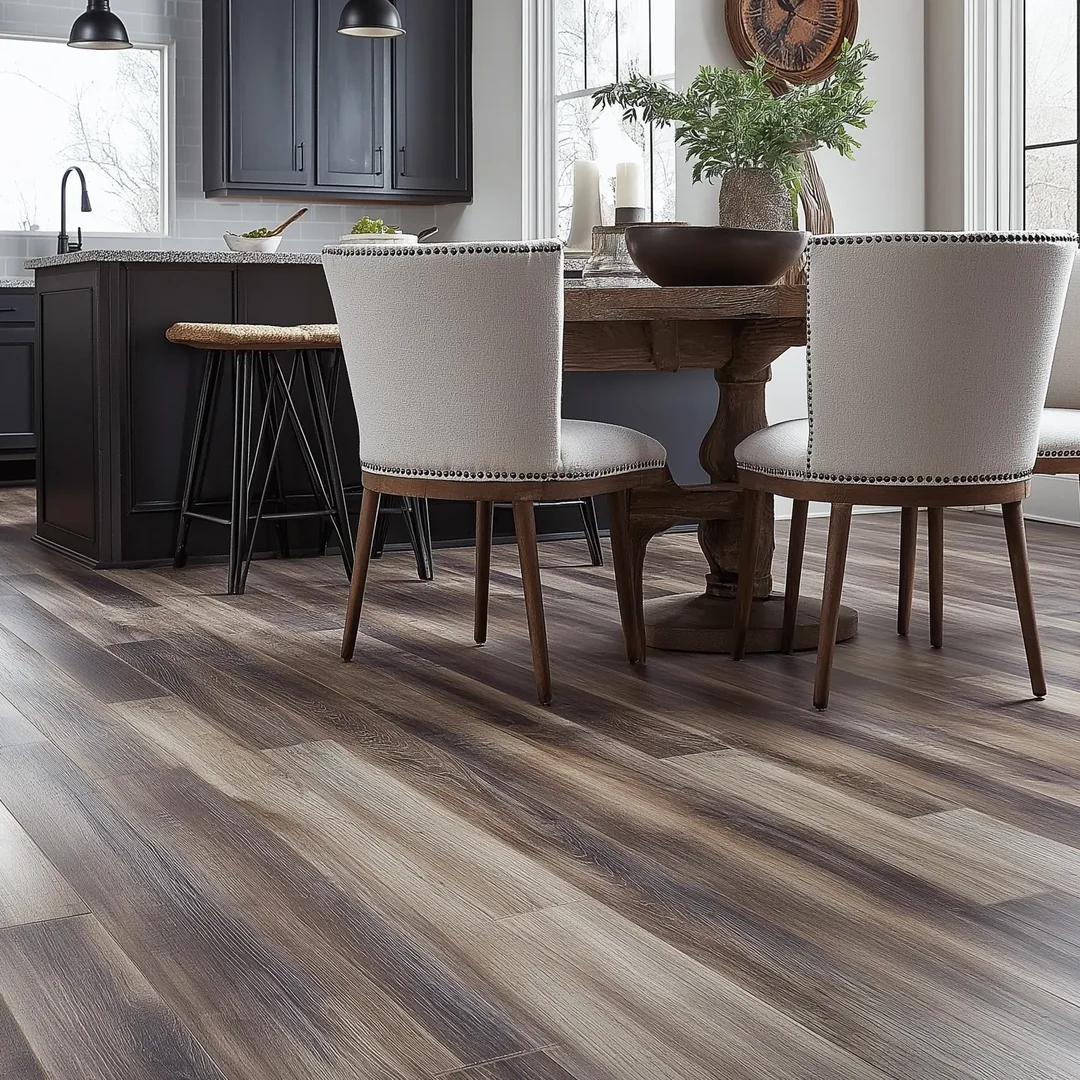Introduction
Choosing the right flooring for your home can be a challenging decision. Two of the most popular options: vinyl and hardwood, each offer unique advantages. This guide compares the two to help you select the best flooring solution for your needs and lifestyle.
Comparing Vinyl and Hardwood: Key Differences
Vinyl and hardwood differ in several fundamental ways. Here's how they compare:
- Material: Vinyl is synthetic, while hardwood is made from natural wood.
- Durability: Vinyl is water-resistant and scratch-resistant, whereas hardwood is prone to dents and water damage if not properly sealed.
- Maintenance: Vinyl requires minimal maintenance, while hardwood needs regular care and refinishing.
- Aesthetic Appeal: Hardwood offers a natural, timeless beauty, while vinyl provides a wide range of design options that mimic wood, stone, and tile.
- Cost: Vinyl is generally more affordable, while hardwood adds significant value to a home.
Pros and Cons of Vinyl Flooring
- Pros: Affordable, low maintenance, water-resistant, and available in various designs.
- Cons: Less durable than hardwood, may not increase property value as much.
Pros and Cons of Hardwood Flooring
- Pros: Natural elegance, long-lasting, and adds resale value to the home.
- Cons: More expensive, vulnerable to water damage, requires regular upkeep.
Which Flooring Is Best for You?
If budget, durability, and low maintenance are your top priorities, vinyl flooring is the ideal choice. However, if you're aiming for timeless beauty, increased home value, and longevity, hardwood flooring remains the premium option. Consider your lifestyle, budget, and design preferences before making a final decision.
Conclusion
Both vinyl and hardwood flooring have their unique advantages. Understanding the differences between these two materials will help you make an informed choice that enhances your home's aesthetic and functionality.
